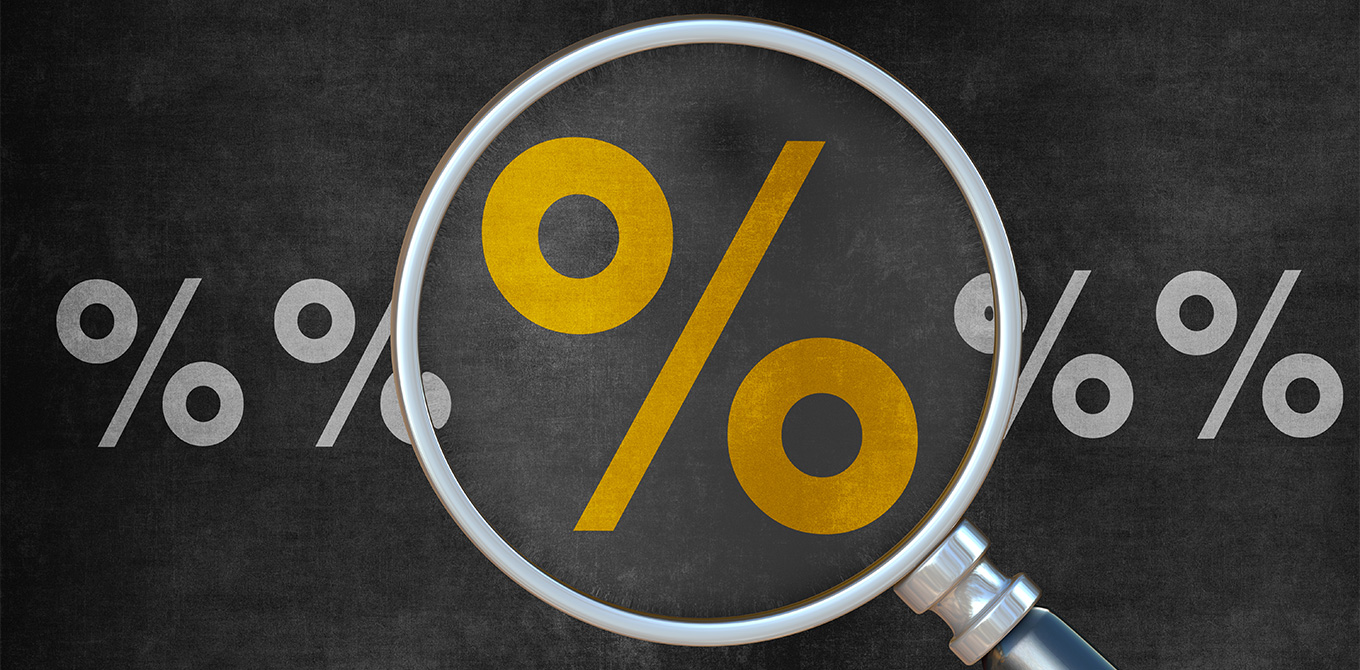4 ways higher interest rates impact your finances
What’s the Potential Impact of Higher Interest Rates on Your Money?
The Federal Reserve, or the Fed, as many refer to it, has been making headlines in recent months as it increases interest rates in the United States to get a handle on an issue that we're all familiar with—inflation.
Raising interest rates typically slows down the economy and puts a damper on inflation. But if you're wondering how higher interest rates could affect you personally, here are four unexpected ways rising rates could affect your finances.
1.Your Budget Might Need a Refresh
Interest rates are often primarily viewed through the lens of borrowing and lending. How much does it cost to borrow money or to lend money to customers? But it's also important to consider how interest rates influence the price of goods and services and their impact on your personal budget. These budgeting conversations have the potential to change how you're thinking about future purchases that you may be considering. You may also decide to forgo making purchases or financial moves.
If you're thinking about making a big purchase, working through your expected monthly payments could influence your final decision or timing. Instead of buying a car with all of the extras, you may decide to choose the base model or delay the purchase for another season.
2. Saving Money May Become More Appealing
According to the Bureau of Economic Analysis, Americans were saved 3.1% of their income in September 2022 after paying monthly expenses. With the Federal Reserve increasing interest rates, that savings rate may also change. When interest rates go up, it's often the case that savings rates will go up as well due to the increase in the APY (annual percentage yield) being more attractive to savers looking to earn interest on their money.
3.Your Investments Could Fluctuate
For those with money invested in the stock market, rising interest rates may impact your investments, at least in the short term, due to related market fluctuations. When interest rates go up, so does the concern about the health of the economy.
The Federal Reserve is aware of how these adjustments may positively or negatively influence investor and consumer behavior and tries to balance those competing factors. It's difficult to predict how rising interest rates will impact your specific investments, so it's best to continue managing your investments with a clear understanding of your short-term and long-term goals in mind. Work with well-vetted advisors to assist you with any questions or concerns that you may have about your investments.
4. Variable and Adjustable Rates Will Be Less Attractive
The most obvious impact is to borrowing money. If you recently said “yes" to an adjustable rate for a loan product, higher interest rates will impact the long-term cost of borrowing to purchase the item. If you're looking to apply for a new car loan, student loan or credit card, the results will be influenced by current interest rates.
Generally, credit cards are all variable interest rates. If you applied for a credit card a year ago, the interest rate, or cost to finance that card, would likely have been cheaper than if you made the same credit card request today. Rising interest rates could result in you paying significantly more on your credit card usage, especially if you don't pay off your credit card at the end of each month.
And if you applied for a credit card or other lending product last year under a favorable introductory rate, such as zero percent interest for the first 12-24 months of that product, you might feel sticker shock once that product adjusts to its official interest rate when the introductory period ends.
Rising interest rates can be frustrating if you're looking to make specific spending choices, but it's important to remember that interest rates are always changing. What goes up will eventually come down. In the meantime, borrowers can focus on maintaining good credit, adjusting budgets and considering alternate ways to reach financial goals.




